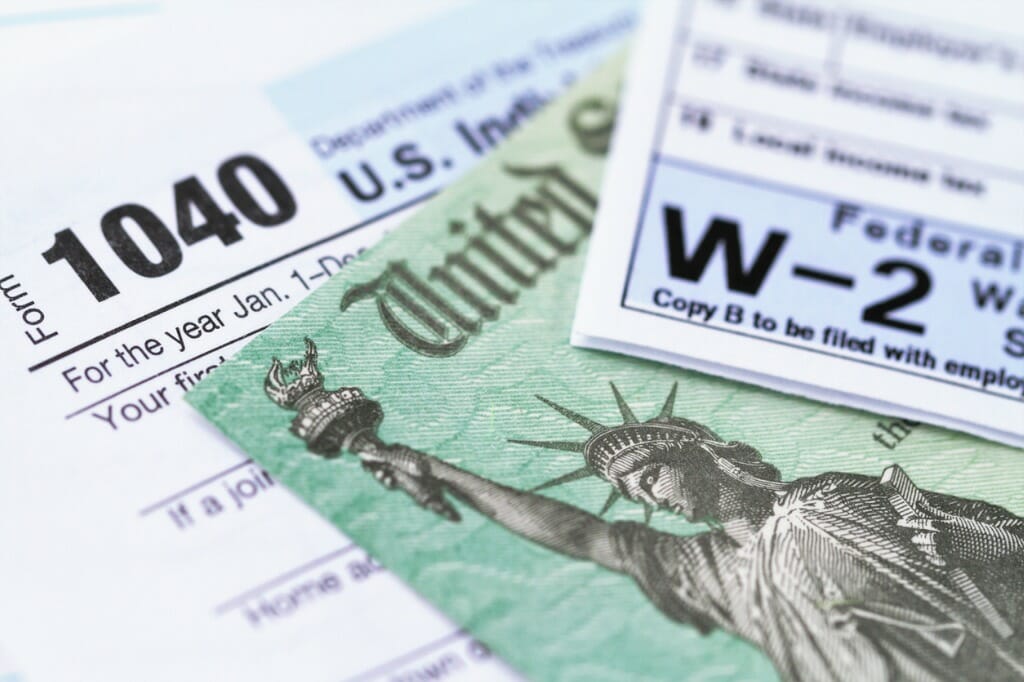Ohio Postpones Tax Filing Deadline to 5/17, Tax Conformity Passes
 OHIO TAX DEADLINE EXTENDED
OHIO TAX DEADLINE EXTENDED
Ohio Tax Commissioner Jeff McClain announced Wednesday that Ohio will be following the federal government and the IRS in extending the deadline to file and pay Ohio individual income and school district income taxes for tax year 2020.
The new deadline is May 17, an extension of approximately one month from the original deadline of April 15. The extension is intended to provide some relief to individuals impacted by the public safety measures adopted to contain the spread of the coronavirus.
As with the IRS extension, Ohio will be waiving penalty on tax due payments made during the extension. Also, as part of legislation passed addressing the continuing emergency, there will be no interest charges on payments made during the extension.
The filing extension, and waiver of penalty and interest, will be available to those filing Ohio individual income tax, and the school district income tax for tax year 2020.
In addition, the city of Columbus has also announced that they have extended their deadline to May 17 to align with the Federal and Ohio deadlines. It is expected that many cities and local jurisdictions will follow suit.
Please note that the first quarter estimated income tax payment for tax year 2021 is not impacted by this extension and must still be made by April 15.
TAX CONFORMITY PASSES
The final version of Senate Bill 18 has been passed by the Ohio House and Senate and now awaits Governor DeWine’s signature. It would conform Ohio with recent changes to federal tax law, including deductibility of expenses from the Paycheck Protection Program and excluding $10,200 in unemployment compensation from income tax.
Ohio-specific provisions in S.B. 18 will exclude the 2020 Ohio Bureau of Workers’ Compensation refunds/dividends from CAT; reduce pass-through entity withholding rates and exclude PPP second-draw loans from CAT.
The Ohio Legislative Service Commission published this analysis of the bill.
Because S.B. 18 is emergency legislation, the changes will be enacted into law immediately upon the Governor’s signature.



 The Treasury Department and
The Treasury Department and 
 Due to the COVID-19 pandemic, the IRS was unable to mail some previously printed balance due notices as a result of office closures. As IRS operations continue to reopen, these notices will be delivered to taxpayers in the next few weeks.
Due to the COVID-19 pandemic, the IRS was unable to mail some previously printed balance due notices as a result of office closures. As IRS operations continue to reopen, these notices will be delivered to taxpayers in the next few weeks.